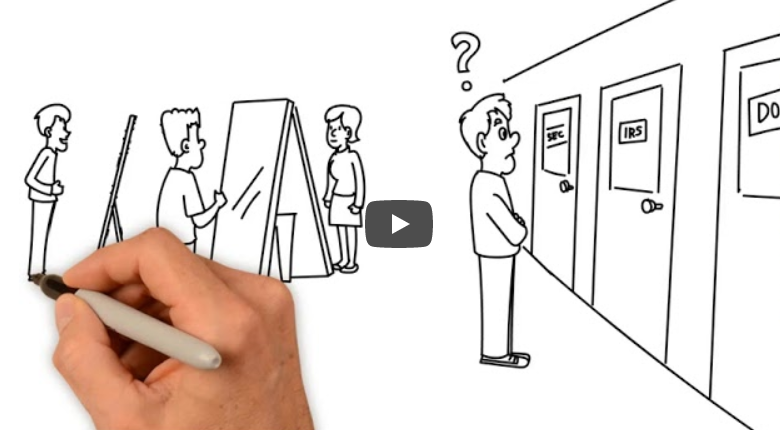Whistleblower Consideration
Blowing the whistle on fraud or misconduct can be a rewarding experience — it stops wrongdoing and can result in a large financial award to the whistleblower.
However, deciding which government agency to contact, what specifically to report and how to minimize jeopardy to one’s career can be difficult. Simply put, there are many things to consider when deciding whether to report fraud. And very often, these considerations overlap. Below are a few things to consider when deciding whether to blow the whistle or not.
First, blowing the whistle and accusing someone of wrongdoing takes courage. While some whistleblower programs allow whistleblowers to remain anonymous, most do not. This means that deciding to blow the whistle usually means having your identity become public. And some whistleblowers must continue working with the people they’ve reported, which presents different problems especially when the whistleblower’s identity has not become public yet.
Second, whistleblower awards usually go to the person who reports the fraud first. There’s unfortunately no prize for coming in second. If a whistleblower is considering reporting a fraud, they must act expeditiously. This means that sometimes a whistleblower may need additional resources to gather all the information they need to report the misconduct and may sometimes have to act before they are 100% ready.
Third, while acting fast is essential, so is making sure everything is done properly. This becomes especially important when multiple wrongdoers are involved or where several government agencies with overlapping jurisdictions and different whistleblower programs are implicated. Ensuring that the proper wrongdoers are identified and the proper agency is contacted — in the right sequence — is thus critical. If a whistleblower also has claims for harassment or retaliation, they have to be considered as well.
Fourth, a whistleblower must be prepared to explain how the government was defrauded. The most important part of this is proof – what lawyers call evidence. This means making sure that the legally and properly obtained documents, or emails, or recordings, prove the misconduct. In many instances, the wrongdoing can only be proven by the testimony of witnesses, so identifying those witnesses, understanding what they are likely to know and say, and how cooperative they might be with government investigators is very important.
Finally, to bring all of this together and help ensure the best chances for success, a whistleblower needs to retain competent counsel – attorneys who have the knowledge, skills and resources to offer the right advice. Sometimes, the right decision may be to do nothing, to put the whistle down and not risk a career or livelihood. In other instances, the best decision may be to proceed but to do so in a prudent and highly-specific manner that is uniquely suited to the case and the whistleblower’s special circumstances. Whistleblowers should also consider how their counsel will be compensated.
Blowing the whistle is a difficult thing to do. Deciding if, when and how to do it should be the result of a well-informed process and after considering several key issues.

